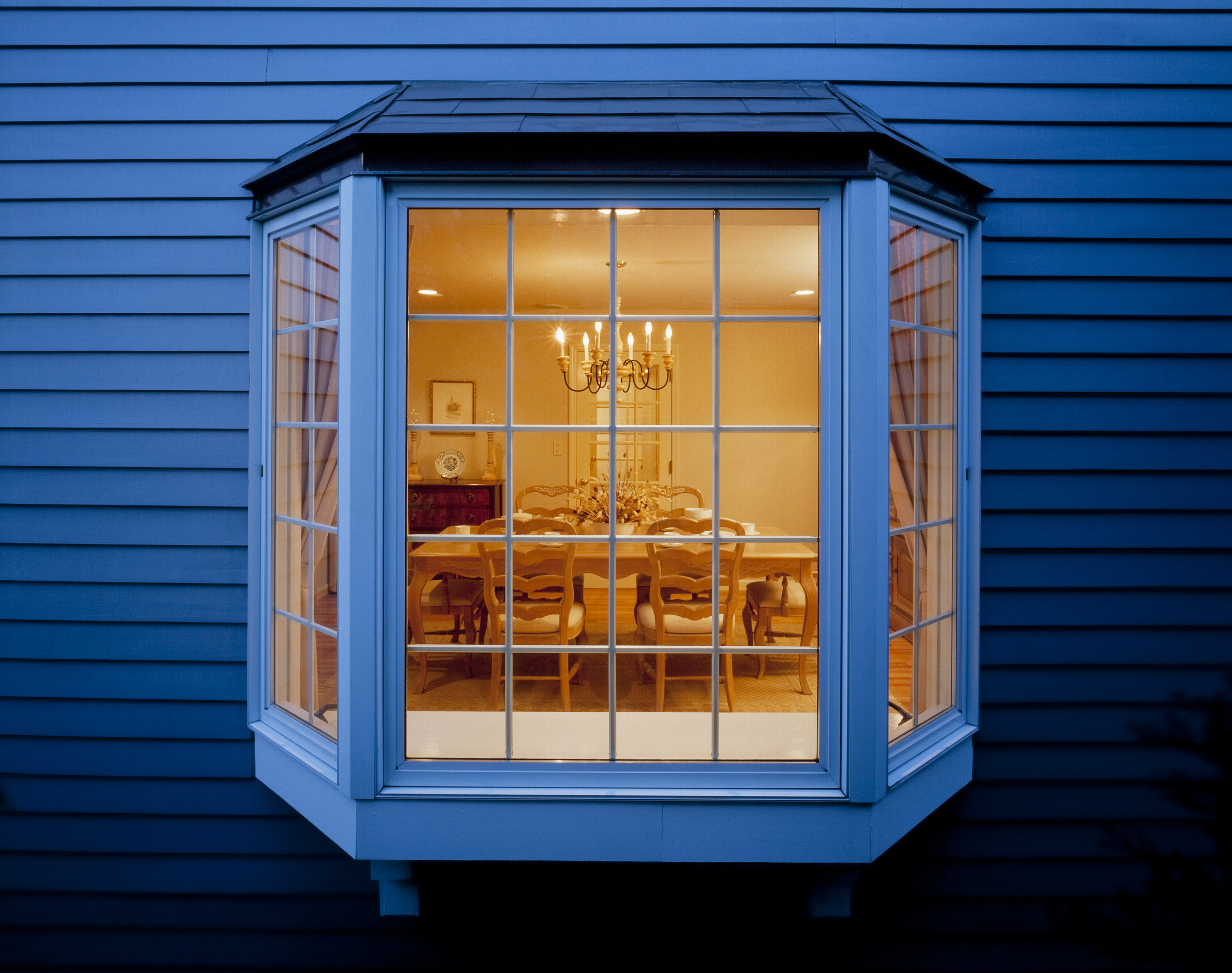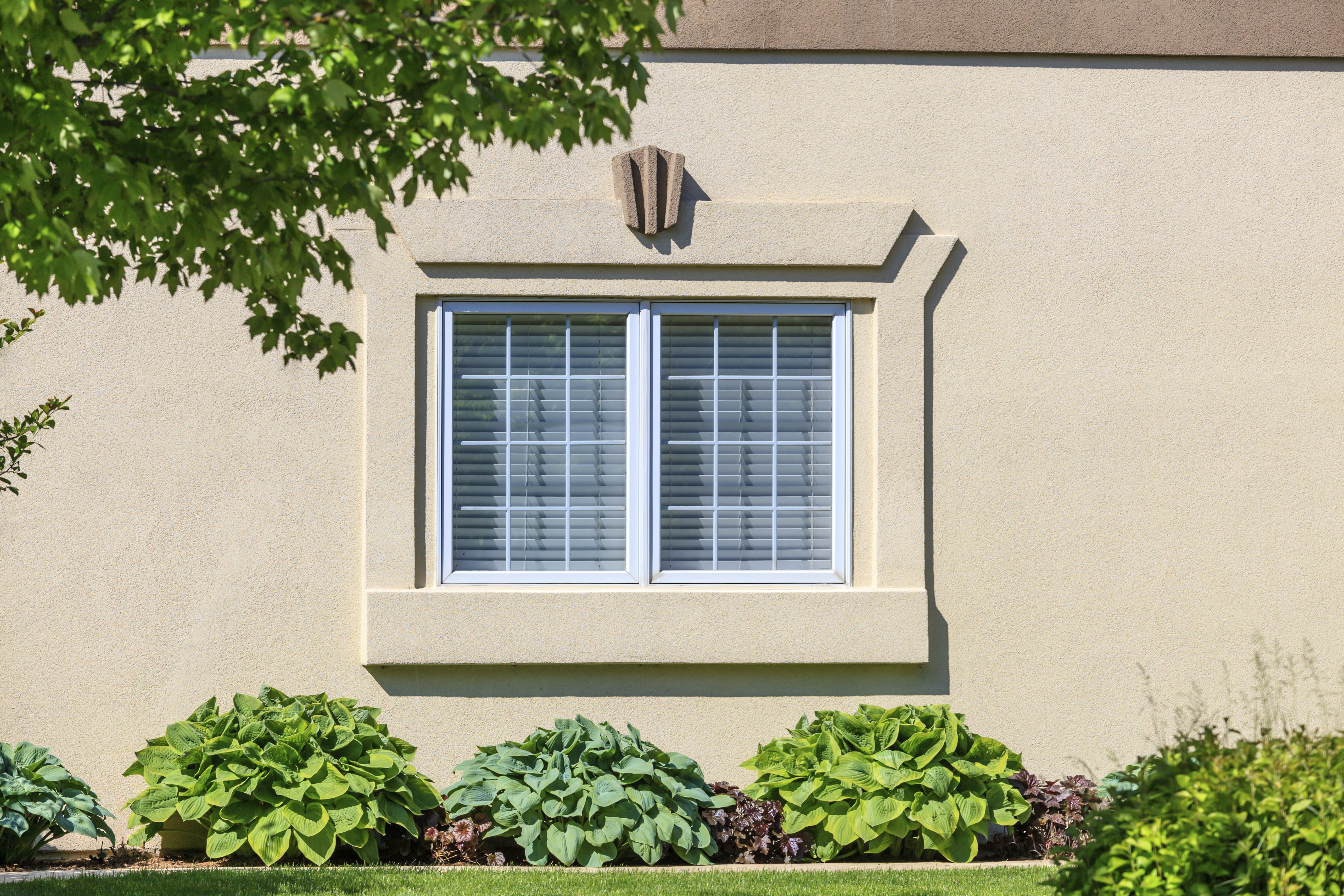
The cost of window glass replacement may vary, but it'll be worth the price once you're taking in the views. Here's how to calculate the cost.
Window service costs depend on your project and location. Check with a local pro for your specific job.
Some homes in Boston are quite old—and the older the home, the more expensive it will be to replace windows.
Cold winters and hot summers make efficient windows a high-ROI project in Boston.
Double- or triple-pane glass is recommended for winter insulation and energy saving.
Window installation in Boston requires a permit, so obtain one before you DIY.
Boston has a higher-than-average cost of living and a climate that sees stark seasonal changes in weather throughout the year. These and other factors contribute to an average cost of $6,587 for window replacement in the city. Those costs most often range from $2,635 to $8,755. Learn which materials best suit Boston's freezing winters and humid summers and what you can expect to pay for each.
The cost of window replacement in Boston can vary depending on a number of factors related to the city’s climate and infrastructure. The materials you choose and the age of your home are two of the most significant.
Your window material must withstand Boston's harsh winters and humid summers, or you’ll end up with window problems down the road. Vinyl is a popular choice due to its durability, low maintenance, and affordability.
Wood windows are more common in the city’s historic districts, but they require much more intensive maintenance. If you have the budget for premium materials, you can choose composite or fiberglass frames as a long-term investment.
We don’t recommend aluminum frames due to their inefficiency in fluctuating temperatures.
| Window Material | Average Cost | Pros | Cons |
|---|---|---|---|
| Vinyl | $100–$900 | Resists weather and thermal expansion | Quality can vary |
| Wood | $150–$1,300 | Classic look suits historic homes | Requires extra care to prevent weather damage |
| Composite | $300–$1,200 | Highly durable and energy efficient | Relatively high cost |
| Fiberglass | $500–$1,500 | Resists weather and thermal expansion | Highest cost |
| Aluminum | $75–$400 | Strong and durable | Not energy efficient |
Boston is a historic city, and many of its neighborhoods have homes dating back to colonial times. While charming, older homes often require additional labor for refitting and custom materials to preserve their look and adhere to local code and rules about preservation. The older your Boston home, the higher the cost you’ll likely pay to replace the windows.

There are many window styles that differ in shape and function. The following are the most commonly used in Boston homes.
| Roof Type | Average Cost Installed | Pros | Cons |
|---|---|---|---|
| Awning | $400–$950 | Good ventilation in wet weather | Difficult to clean |
| Bay | $900–$7,100 | Adds curb appeal and indoor space | High installation cost |
| Bow | $1,500–$6,500 | Adds curb appeal and expands views | Most expensive style |
| Casement | $150– $1,000 | Optimal ventilation and water resistance | High repair cost |
| Double-hung | $150–$650 | Good ventilation, easy cleaning, and historic look | Complex installation |
| Picture | $65–$700 | Maximizes daylight and views | Inoperable |
| Single-hung | $100–$400 | Easy operation | Limited ventilation |
| Sliding | $250–$1,200 | Easy operation in small urban settings | Difficult to clean |
Add-ons for better efficiency can make all the difference when the heat or air conditioning kicks on in your Boston home. Expect to pay an extra $50 to $1,650 per window for coatings, tints, and weather stripping.
Low-E coating costs $300 to $1,000 per window and helps reduce heat loss
Tint costs $50 to $1,650 per window and helps reduce UV radiation
Laminate costs $60 to $300 per window and helps reduce noise and moisture
Weather stripping costs $150 to $450 and helps seal against air leaks
Different types of window glass vary in their ability to provide insulation and in their maintenance requirements. Boston homes require insulation from cold winters, so double-pane or triple-pane glass is most often recommended.
| Glass Type | Average Cost Installed | Pros | Cons |
|---|---|---|---|
| Double-pane | $500–$2,000 | Durability, better insulation, and best ROI | More expensive |
| Triple-pane | $1,000–$4,000 | Best insulation for comfort and energy savings | More expensive |
| Tempered | $200– $700 | Strength | Limited customization |
| Single-pane | $200–$500 | Cost-effective and easy to maintain | Poor insulation and lower ROI |
Hiring a local window company means that cleanup is often included in the total price of old window removal and replacement. However, some contractors charge an additional removal fee at their hourly rate of $55 to $65.

The cost of living in Boston is higher than the national average. Contractors are also in high demand and can charge higher-than-average labor rates. Expect to pay between $50 and $200 per hour for labor alone, depending on the complexity of your window replacement job. Your contractor should be registered with the state of Massachusetts as a Home Improvement Contractor (HIC) to guarantee consumer protections for you as the homeowner.
Contact a window pro in Boston, Massachusetts, and remember to get multiple quotes and opinions before settling on the right pro.
Massachusetts also has strict building codes, and permits are usually required for alterations to an existing building, including new window installation. Minor replacements that won't change the use, egress, or living space of a building require a short-form permit that costs $20 plus $10 for every $1,000 of the stated project cost.
A long-form permit is necessary for additions like replacing standard windows with a bay or bow window design. These permits cost $50 plus $10 for every $1,000 spent.
Window replacement in Boston is a worthwhile investment. According to a 2020 report by the Journal of Light Construction, homeowners in New England may recoup between 72.6% and 75.4% of window replacement costs upon the sale of their home. In addition to resale value, new windows can reduce heating and cooling costs.
Home is the most important place on earth, which is why Angi has helped more than 150 million homeowners transform their houses into homes they adore. To help homeowners with their next project, Angi provides readers with the most accurate cost data and upholds strict editorial standards. We survey real Angi customers about their project costs to develop the pricing data you see, so you can make the best decisions for you and your home. We pair this data with research from reputable sources, including the U.S. Bureau of Labor Statistics, academic journals, market studies, and interviews with industry experts—all to ensure our prices reflect real-world projects.
Want to help us improve our cost data? Send us a recent project quote to [email protected]. Quotes and personal information will not be shared publicly.
From average costs to expert advice, get all the answers you need to get your job done.

The cost of window glass replacement may vary, but it'll be worth the price once you're taking in the views. Here's how to calculate the cost.

Learn how much triple-pane windows cost, exploring common cost factors such as their size, type, location in your home, and design.

Stained glass repair costs depend on many factors, from the type of repair to the item that needs repairing. Find out how much this project will cost.

Replacing or switching windows leaves homeowners with a choice: casement or double-hung? This article lays out their pros, cons, and differences.

Discover alternatives to putting plastic on windows for energy efficiency. Shades, wraps, and other coverings can drastically reduce your energy bill.

When seeking the best replacement windows for old houses, the home’s style is key. Learn everything about what selecting replacement windows entails.